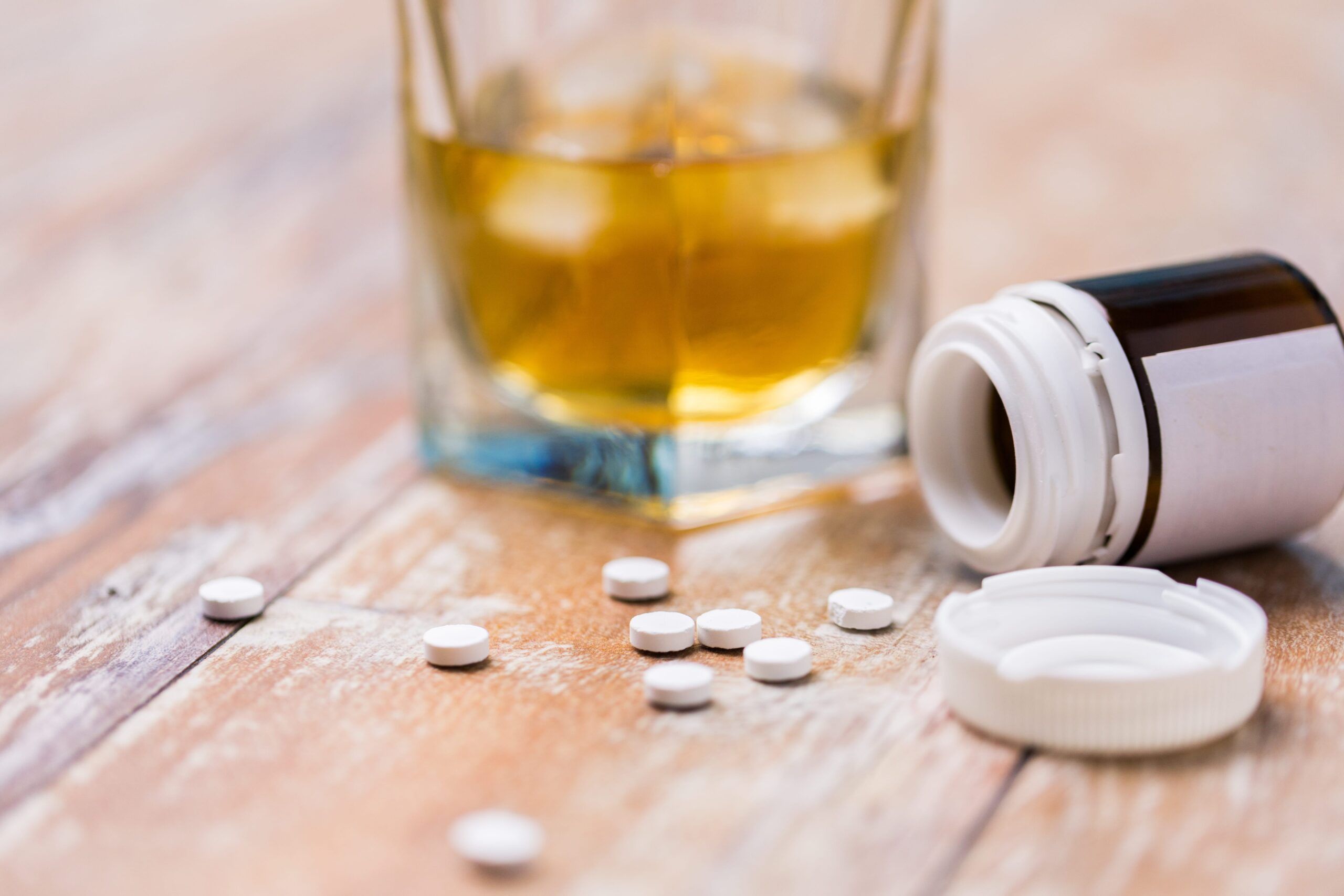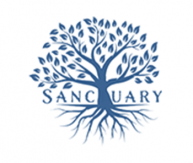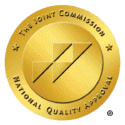
Can You Drink Alcohol Moderately on Antidepressants?
Can you drink on antidepressants? Many prescription medications are accompanied by warnings that they should never be mixed with alcohol or certain other substances. In today’s post, we review whether or not this type of warning applies to SSRIs, SNRIs, and other antidepressants.
Dangers of Mixing Alcohol With Antidepressants
Alcohol abuse is commonly associated with depressive disorders. In some cases, people abuse alcohol in an attempt to self-medicate or temporarily numb themselves to their emotional distress. In other cases, the devastation of chronic alcohol abuse causes people to develop depressive disorders.
But what happens when someone begins to take a prescription medication to treat their depression? If they don’t have alcohol use disorder (alcoholism), can they continue to drink from time to time – or is absolute sobriety a requirement if you want to safely benefit from an antidepressant?
When it comes to mixing alcohol with antidepressants, there are typically two major concerns:
- Will alcohol prevent the antidepressant from working properly?
- Will the combination of alcohol and the antidepressant pose an additional health threat?
Are these legitimate concerns? According to virtually every reputable source, yes, they are.
Some sources – such as the National Alliance on Mental Illness (NAMI) – note that the potential negative effects of mixing alcohol with an antidepressant can include death.
So, the short answer to the question, “Can you drink on antidepressants?” is that you shouldn’t. In the next few sections, we provide a more detailed response, along with answers to a few other questions about alcohol and antidepressants.
Worst Antidepressants You Can Mix With Alcohol
As we alluded to at the top of this page, there are several different types of antidepressants. Let’s take a look at how the general prohibition against drinking while on an antidepressant applies to four of the most common types:
- Selective serotonin reuptake inhibitors (SSRIs): This category includes some of the most frequently prescribed antidepressants in the United States. Examples of SSRIs include Paxil (paroxetine), Lexapro (escitalopram), and Zoloft (sertraline). The side effects of drinking alcohol while taking an SSRI can include dizziness, drowsiness, increased depression, and suicidal ideation.
- Serotonin and norepinephrine reuptake inhibitors (SNRIs): Examples of commonly prescribed SNRIs include Effexor (venlafaxine), Cymbalta (duloxetine), and Pristiq (desvenlafaxine). Possible effects of heavy alcohol abuse while you’re on an SNRI include rhabdomyolysis, a rare but serious condition that involves the breakdown of muscle tissue and the release of proteins into the bloodstream.
- Monoamine oxidase inhibitors (MAOIs): This is an older class of antidepressants that aren’t typically prescribed unless a person doesn’t respond to an SSRI or an SNRI. The effects of combining alcohol with an MAOI can include a potentially fatal spike in blood pressure.
- Tricyclic antidepressants: As with MAOIs, tricyclics are older medications that are rarely used as a first-line treatment for depression. But if you do receive a tricyclic antidepressant, drinking alcohol can cause increased sedation, diminished reaction time, and other side effects that could jeopardize your continued health.
Given this information, it’s safe to say that MAOIs are the worst antidepressants to mix with alcohol. But there is no such thing as completely safe alcohol use when you are taking any type of antidepressant.
Can You Drink Moderately on Antidepressants?
If you are taking an SSRI or an SNRI, it can be possible to drink a small amount of alcohol without risking serious consequences. However, as we have mentioned multiple times already, any alcohol use in combination with any antidepressant can raise your risk for dangerous side effects.
Antidepressants affect different people in different ways. Alcohol does, too. This means that the answer to the question, “Can you drink moderately on antidepressants?” can vary a great deal from one person to the next.
The best way to find out if you can drink moderately while taking an SSRI or an SNRI (and to determine what, exactly, “moderately” means in this scenario), you should consult with the doctor who prescribed your antidepressant.
What to Do if You Accidentally Consume Alcohol While on Antidepressants
If you accidentally consume alcohol while on an antidepressant, the first thing you should do is stop drinking. The ideal next steps will be influenced by what type of antidepressant you have been taking and how the alcohol has interacted with that medication.
If you believe that you are at risk for serious complications, contact your doctor or find someone to transport you to an emergency room or urgent care facility. Depending on the nature of your reaction, you may need to call 911 or contact the 988 Suicide & Crisis Lifeline.
What if You’re Addicted to Alcohol or Antidepressants?
If you suspect that you have become addicted to alcohol and/or an antidepressant, you should contact your doctor or schedule an assessment with a reputable addiction treatment facility.
Substance use disorders (addictions) are chronic, progressive conditions. Thankfully, they are also treatable. When you get the right type and level of care, you can end your substance abuse and build a foundation for long-term recovery. But if you don’t get proper treatment, you expose yourself to myriad devastating outcomes, including overdose and death.
Don’t jeopardize your future. Get the help you need so that you can live the healthier life you deserve.
Contact Our Drug and Alcohol Rehab Center in Los Angeles, California
Sanctuary Treatment Center offers personalized care and comprehensive support for adults who have become addicted to alcohol, prescription antidepressants, and other substances. Treatment options at our center in Los Angeles, California, include detoxification, residential care, and multiple outpatient programs. With our help, you can develop the skills that will support your successful recovery. To learn more or to schedule a free assessment, please visit our Contact Us page or call us today.


